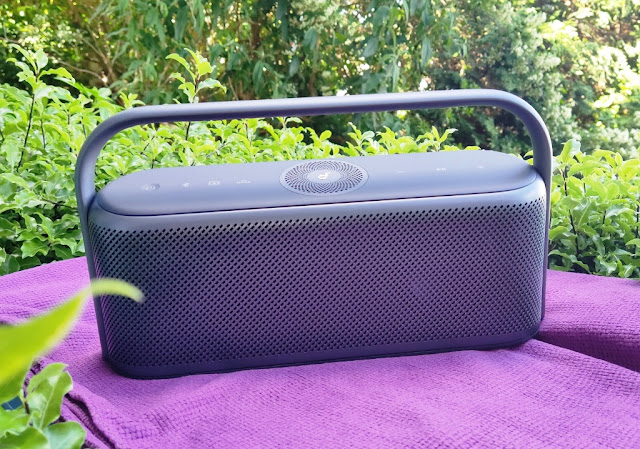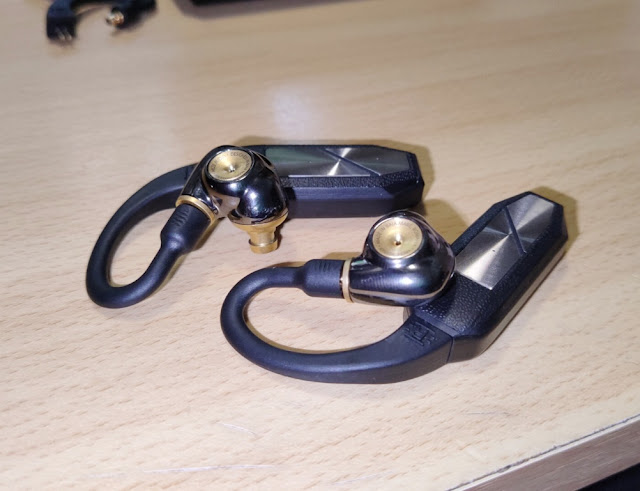
If you are looking to jump into programmable integrated circuits (IC), Field Programmable Gate Arrays (FPGAs) development circuit boards are the way to simultaneously process large data very fast.
With FPGAs, the circuit design is not set and you can reconfigure an FPGA as many times as you like, allowing you to create as many serial ports as you want and decide what pins the serial port connects to without having to use software to emulate a serial port (all you would have to do is modify the VHDL code and implement the serial ports). That's the beauty of using an FPGA dev board. You start out with a Soft Processor and then you can add peripheral functionality as needed and simply rewrite the hardware to include it.
With Papilio Pro you can use it in combination with the RetroCade MegaWing to generate retro audio. Also, with the Papilio Pro you can test out the logic analyzer feature on an oscilloscope or even turn the Papilio Pro into a logic sniffer and logic analyzer. In fact, if you have been using an Arduino UNO as a logic analyzer, you can do the same with the Papilio Pro and achieve 32 channels at 200 MHz with 3.3 V (and 5V signals as well by adding a level translator).

Papilio Pro has a nice vivid red layout and simple board that features the processor Spartan 6 LX9 and memory MT48LC4M16, providing only a "controllable" LED user as well as the electronics required to program via USB, which is great as you won't need a programming cable from Xilinx that more expensive development boards require.
To get started using the Papilio hardware, you will need to get the file associations setup and install the drivers, Papilio Loader and download the ISE Design Tools 14.7 for programming in VHDL. Getting a VHDL design up and running on the Papilio Hardware is simple.
Papilio Pro Features
- Spartan 6 LX9 FPGA
- High efficiency LTC3419 Step Down Dual Voltage Regulator
- Dual Channel FTDI FT2232 USB 2.0 Full Speed Interface
- 64Mbit Micron MT48LC4M16 SDRAM
- 64Mbit Macronix MX25L6445 SPI Flash
- 48 I/O pins arranged in a Papilio Wing form factor
- 32Mhz Crystal Oscillator











0 comments